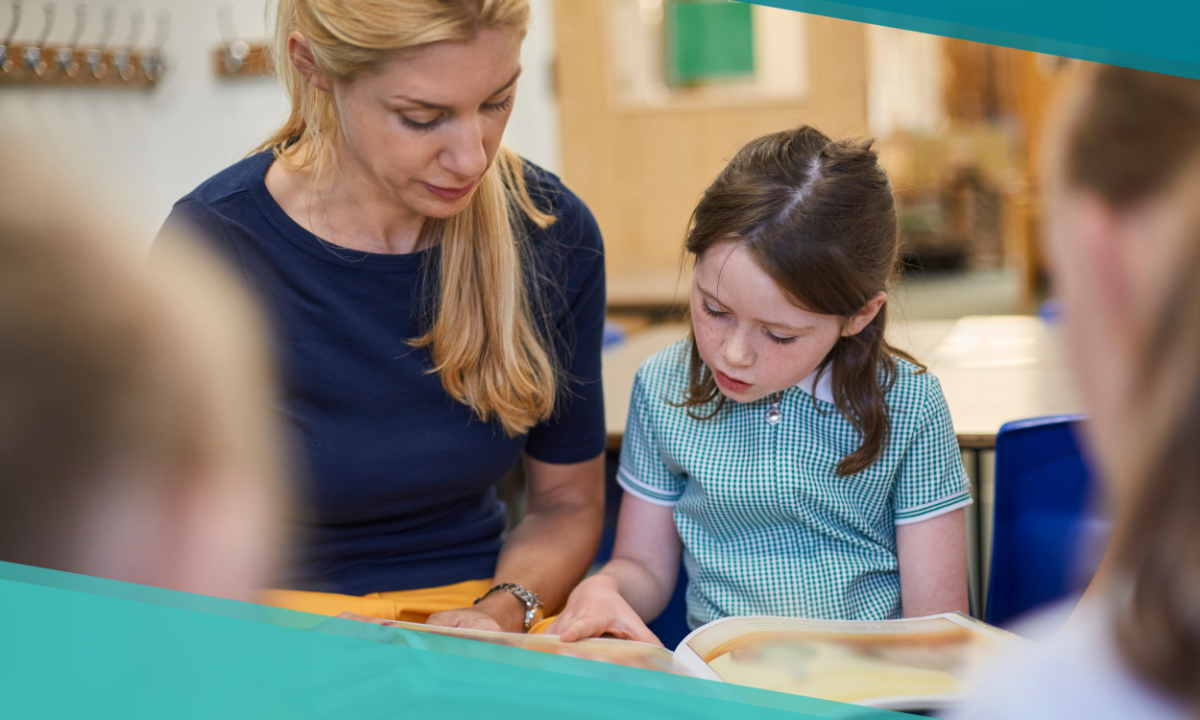The improvement of literacy outcomes for every child will require sound educational approaches and highly effective teachers who are able to make moment to moment decisions in response to each child’s learning needs. Responsive teaching paired with effective assessment makes it possible to situate your instruction in the “learning zone” so children can use their strengths as they expand their reading and writing competencies.
The Responsive Teacher
Responsive teaching is a sophisticated and very satisfying task because you can actually observe student learning as feedback to the quality of your instructional decisions. And responsive teaching always begins with the effective assessment of each learner’s unique profile. Your knowledge of literacy processes (reading, writing, language) gives you the vision of what to teach and when to teach it for maximum impact.
Assessment is not simply a required task for teachers in schools. Teaching without effective assessment is like teaching without the children. Detailed and accurate information on the learners is required for you to make sound instructional decisions and detect evidence of learning.
Essential Elements
Three essential elements of assessment include: 1) authentic texts; 2) student-centered, text based talk and; 3) a comprehensive understanding of what literacy development looks like over time. If you are expecting students to read continuous text with accuracy, fluency and deep comprehension, it makes sense for you to assess their progress by observing those exact processes. Observe, code and analyze reading behaviors as your students read real texts. Gather evidence of understanding from real talk about the reading or writing about the reading to gain information about how the reader thinks, comprehends and is able to articulate understandings. You also need a clear picture of the precise reading, writing and language behaviors to notice teach for and support (for example, The Fountas and Pinnell Literacy Continuum or other document). Your observations and analyses will be nested in a deep understanding of the language and literacy processes and you can see what students have learned, what they need to learn next and what teaching moves will support them.
Teacher Expertise
The research has been clear for decades – the single most important factor in students’ literacy success is skillful, informed teaching. While assessment is not teaching, it is essential because you are gathering information for teaching. It makes evidence-based, student-centered, responsive teaching possible. When you respond precisely to each students’ observable behaviors, you meet students where they are and lead them forward, with intention and precision. With effective assessment tools, you are able to teach – not a book or a program – but the unique group of children in front of you.
Join Us for Professional Learning
Gather a team of educators to learn how to use the Benchmark Assessment Systems to inform your instruction on January 13-14, 2022!





